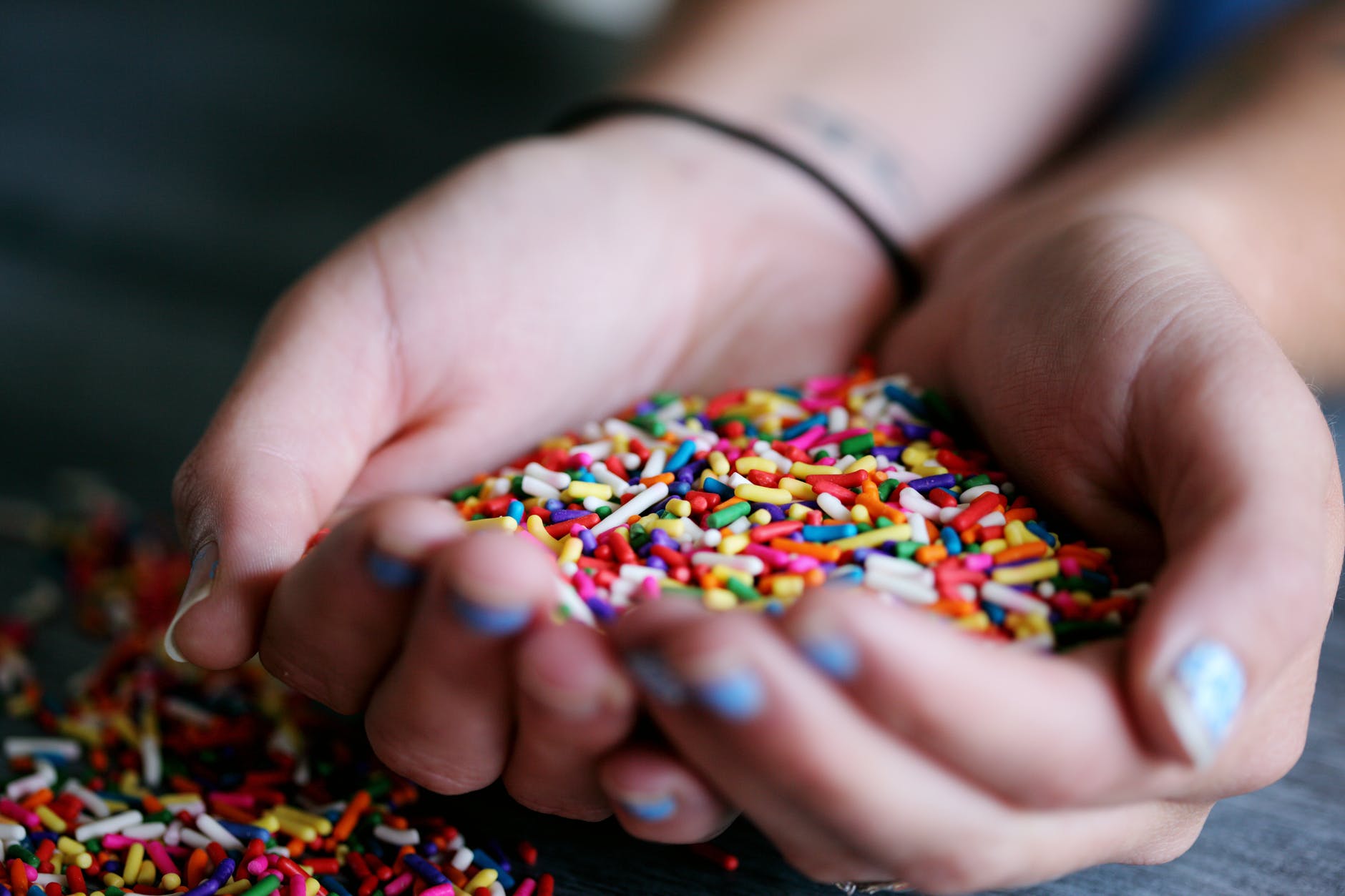Since time immemorial, candy has been the guilty pleasure for many children and adults alike. It is nearly impossible to cross a sidewalk without encountering at least one or two sweet’s vendors or a superstore without an automated candy vending machine. Although candy brings smiles to many peoples faces, there are a few who oppose these sugary treats. These candy combatants do everything in their capacity to ban certain candies. While some reasons are valid, some are outright absurd and funny. We have compiled a list of reasons and examples of why some of our beloved treats are banned.
1. Candy Can Lead to Health Complications
Honestly, this is probably the most reasonable reason as to why candy should be banned. Sweets are a rather unhealthy diet especially when overconsumed. Candies are full of a substance called glyceme, and when consumed excessively, it affects the blood vessels, clogging them up resulting in high blood pressure. HBD isn’t the only illness to be wary of, heart attacks and diabetes are also some of the ailments you could get due to the overindulgence of candy. Many schools worldwide have advocated then ban of candy from the school diet to ensure their students live a long and healthy life.
2. Some Types of Candy Promotes Animal Cruelty
As funny as it might seem; this is an actual reason why some people believe that some types of candy should be banned. There are instances where sweets are banned for promoting animal cruelty. The New Jersey Society for the Prevention of Cruelty to Animals prompted the ban of gummy candies that were designed to look like flattened animals run over by cars; these gummi ‘animals’ also featured tire marks. The production of this candy stopped due to New Jersey SPCA claims that the candy encouraged children to be harsh to animals.
3. Some Types of Candy Promote Drug Abuse
Candy can encourage the use of harmful drugs among children, according to some concerned parents. Sweets come in many different shapes and sizes; however, some candy manufacturers choose to make candy that resembles a harmful drug. For instance, in 1960, a sweet called Hippy candy was sold in a plastic toy syringe. This caused an uproar among parent, who thought the candy encouraged drug abuse. As expected, this led to the immediate withdrawal of the drugs from the store shelves.
Another example is candy cigarettes, which is banned in multiple countries such as Turkey, Saudi Arabia, Ireland, Brazil, Norway, and Finland. These sweets resemble cigarettes, and it is shocking how these candies made it to the shelves. Cigarette candy is still being sold in Canada, however under the name “Candy Sticks” and a different look.
A similar candy banned for allegedly promoting drug abuse is the lollipipe. The lollipipe resembled a bong, and even though weed lovers were amused with this product, parents were outraged, and eventually, the lollipipe was banned from being sold in 7/11 shops in Indiana.
4. Some Types of Candy Are Misleading
China is well known for its knock-off products, so it didn’t come as a surprise when a sweet manufacturing company in China made sweets purporting to be pharmaceutical medicine, confusing many buyers. These candies claimed to cure a myriad of diseases such as sexual inadequacy and depression. Even though it was intended to be a joke, it didn’t go well with the Chinese administration, and customers were warned from buying this kind of candy.
Another candy that contained untruthful claims is Haribo Sugar-Free Gummy Bears. Haribo deemed this sugar-free candy as healthy; however, after further investigation, the candy was found to have lycasin. Lycasin’s main component is maltitol which is sugar alcohol even sweeter than table sugar. The main problem is that maltitol is undigestible and ferments in the digestive tract, making it harmful to the body. Haribo sugar-free candy is banned in multiple countries.
5. Some Candies Contain Toxic Compounds
Yes, you read that right, some sweets have been banned due to poison claims. A candy was recalled back in 2011 for being toxic. The irony was that the candy was named ‘Toxic Waste Nuclear Sludge Chew Bars.’ According to tests conducted by the California Department of Public Health, the bars had high traces of lead, and lead has dire consequences to kids under the age of 6 years old and also pregnant women.
Conclusion
If you love candy, but you flinch with guilt every time you indulge in your favorite sweet, take heart: candy may be good for you. And even though dentists, doctors, policymakers, school board trustees and lobbyists are taking aim at our favorite candies like gummies, toffees and cacao butter, candy should be enjoyed in moderation, of course.
















